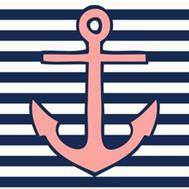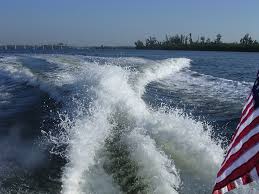Gasoline is not your most exotic boat accessory purchase, but it will be your most frequent. Yesterday the EPA moved ahead with its plan for E15. I thought I’d explain the basics of why ethanol and boats do not mix.
Ethanol is a solvent. It dissolves seals, gaskets, hoses and fiberglass fuel tanks. Boats are different from cars because we will drive a mid-90’s boat and not think twice that the boat is currently 20 years old, long before ethanol was mixed in gasoline. Long before it was shown that ethanol would dissolve the rubber in gas hoses. (Problem!)
Ethanol also degrades quickly, meaning it typically does not have the shelf life to last a winter storage season.
Ethanol also loves water. It attracts it, and you don’t want water in any fuel tank.
These problems have been noticed in other small engines, for example, lawn mower engines.
But, why not cars? Because a car is typically used on a daily basis and the fuel is replenished before it degrades. What is degrading? Degrading in your boat fuel tank goes like this. The water sepatates to the bottom of the tank, then you take off and the bow goes up the fuel pushes to the lowest point where the pick up tube is… Guess what, since the water has separated from “non-use” its at the bottom of the tank so that is what gets pushed into the engines. Next you hear sputtering, this article does a fantastic job explaining it. You really should read it.
But I promised a very quick version of why ethanol free fuel is important in your boat.
Love boating? Grab our free book: Everything Boat



